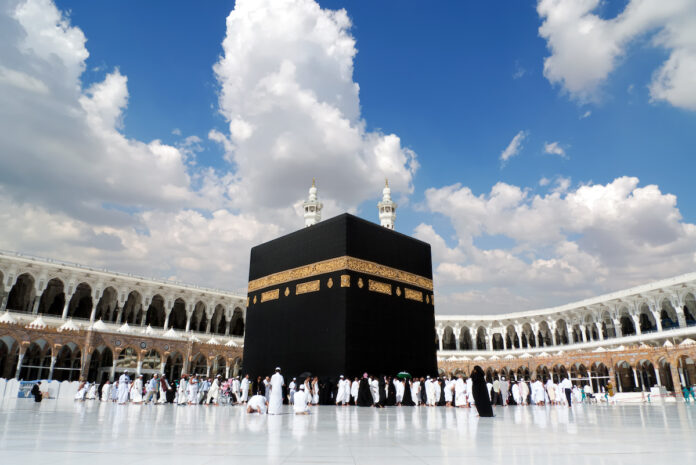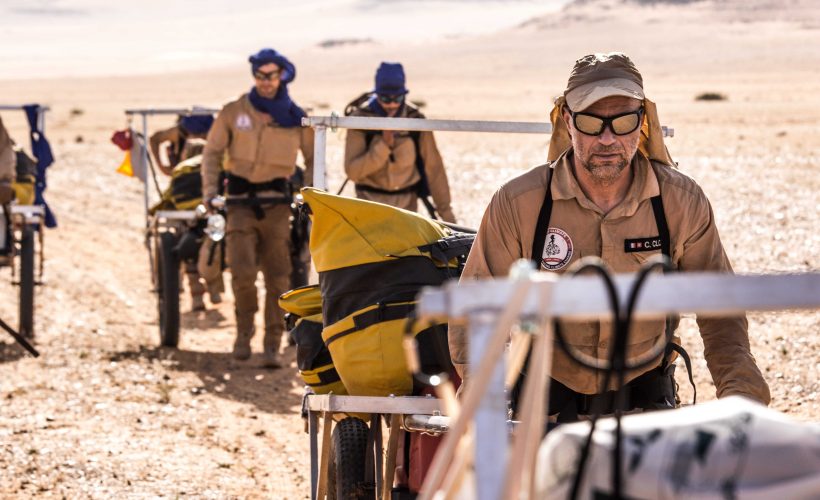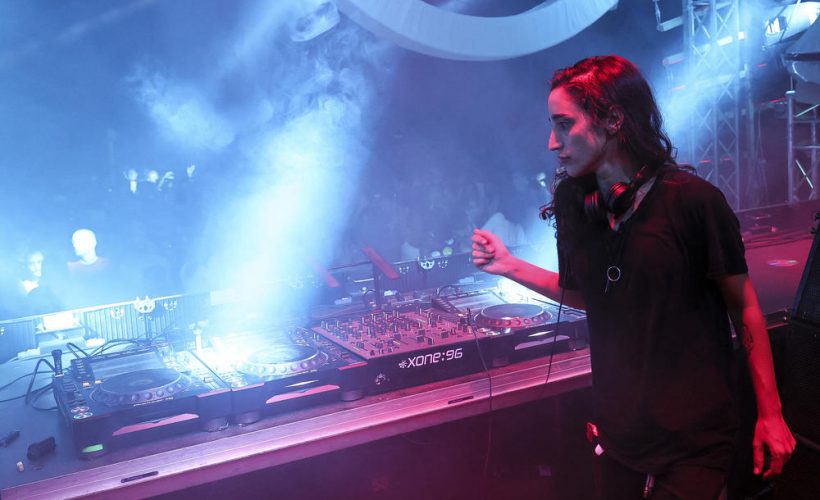Tech & Business
7.7.2022
How Hajj embraces technology in times of pandemic

From July 7 to 12, 2022, 1 million pilgrims will participate in the hajj in Mecca. The pilgrimage is one of the most important religious gatherings in the world. Considered a major event, its organization represents a major logistical feat every year. On this occasion, Saudi Arabia is relying on new technologies to facilitate the pilgrims’ journey and guarantee their safety, in the face of the pandemic.
Digitization of essential pilgrims’ details
This year, 1 million pilgrims will participate in the hajj. Due to the Covid pandemic, Saudi authorities have adopted new technologies to select participants according to defined health conditions. In particular, the Motawif platform has been set up to digitize the information of each pilgrim from North America, Europe or Australia wishing to participate in the hajj. In addition to significantly reducing the cost of transactions for this spiritual journey, Motawif greatly facilitates the planning of pilgrims.
See also
Saudi Arabia: the Great Mosque of Mecca could soon be powered by the footsteps of its visitors !Facilitating the hajj for all and guiding pilgrims
Electronic “hajj cards” will also be deployed to pilgrims. These not only allow for the identification of pilgrims but also provide contactless access to religious sites, accommodation and transportation for travelers as well as guaranteeing virtual payments. The digital system also facilitates the location of pilgrims throughout the hajj sites. Artificial intelligence is also expected to prove its worth with the Arafat Sermon mobile application, translating the Mount Arafat sermon live into 10 languages.

Social distancing and comfort
In terms of social distancing, the Kingdom has also implemented robots. Holy water dispensers and numerous robot guides are replacing staff and avoiding non-essential gatherings during the pilgrimage. The Kingdom aims to distribute about three million bottles a day at the Grand Mosque in Makkah, and one million at the other holy sites. Meal baskets are also replacing buffets for this purpose.
Health care will not be left out either, as the medical teams will all be equipped with tablets to facilitate diagnosis and communication. By embracing technology, Saudi Arabia hopes to provide pilgrims with an optimal and safe hajj experience.
popular

